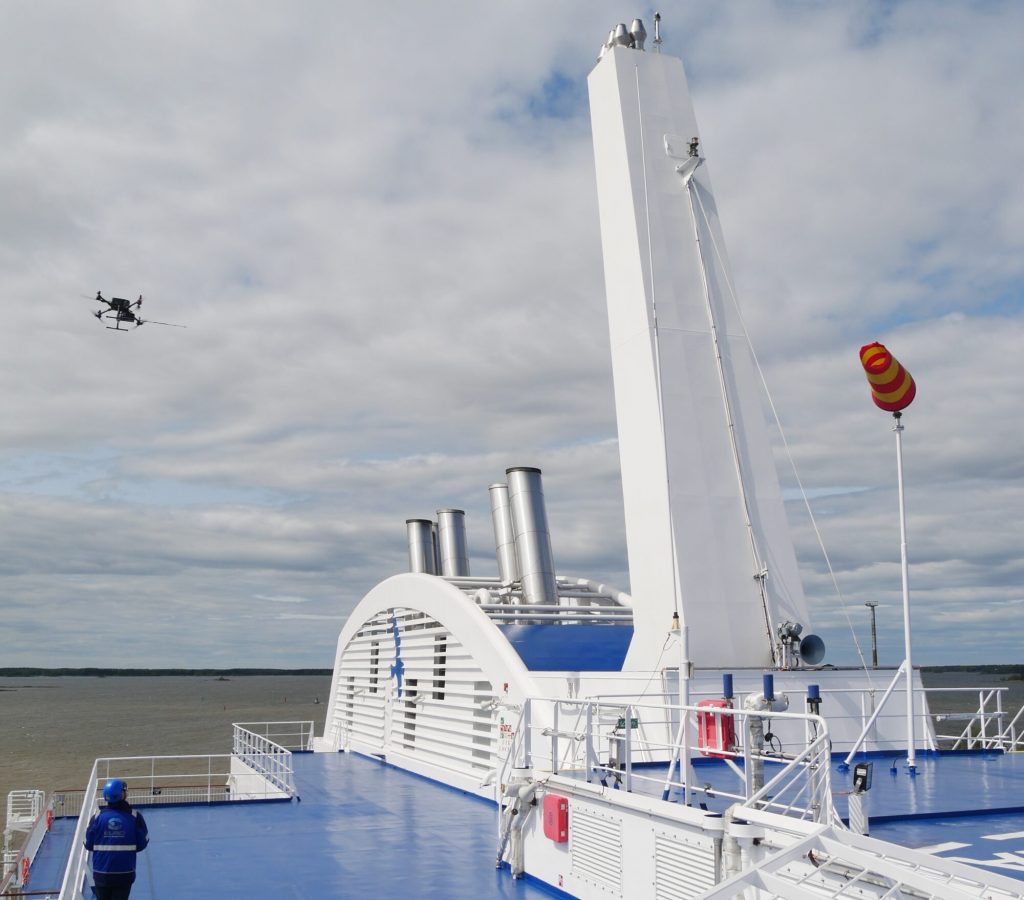The use of liquefied natural gas (LNG) as a marine fuel is rapidly growing. However, methane emissions from LNG-fueled ships in the form of “methane slip” contribute to climate change. Real-world measurements of methane slip were previously scarce, and the actual magnitude of ship-level methane emissions was largely unknown.
The Fugitive and Unburned Methane Emissions from Ships (FUMES) project, a collaboration between the International Council on Clean Transportation (ICCT), Explicit ApS, and the Netherlands Organization for Applied Scientific Research (TNO), collected the most comprehensive dataset of real-world methane emissions from LNG-fueled ships to date, including methane slip from marine engines and fugitive methane emissions from LNG cargo unloading operations. Measurements were performed onboard in the exhaust stack and using drones and helicopters.

The project finds that real-world methane slip measured in the plumes of 18 ships using the most common type of LNG marine engine (LPDF 4-stroke) averaged 6.4 percent, whereas EU regulations assume 3.1 percent methane slip and the United Nations International Maritime Organization assumes 3.5 percent. The report recommends that EU and IMO policymakers consider increasing the assumed methane slip for LPDF 4-stroke engines to at least 6 percent.
Onboard measurements found that methane slip and work-specific NOx emissions were highest at the lowest engine loads. To address this, policymakers should consider adding a 10 percent engine load test point to engine certification test cycles. Other findings and recommendations are provided in the full report.

